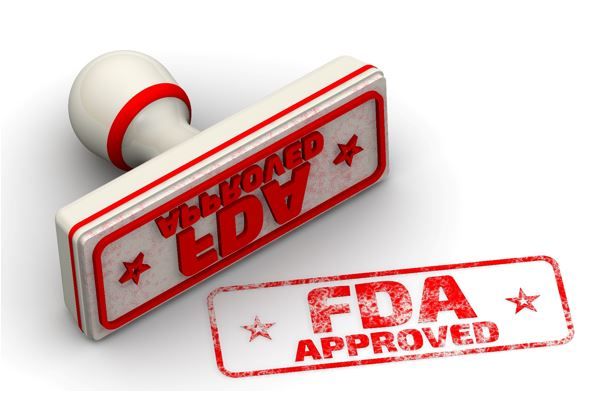- Clinical Technology
- Adult Immunization
- Hepatology
- Pediatric Immunization
- Screening
- Psychiatry
- Allergy
- Women's Health
- Cardiology
- Pediatrics
- Dermatology
- Endocrinology
- Pain Management
- Gastroenterology
- Infectious Disease
- Obesity Medicine
- Rheumatology
- Nephrology
- Neurology
- Pulmonology
Empagliflozin FDA-approved for Heart Failure with Reduced Ejection Fraction
The new indication for empagliflozin is to reduce risk of CV death and hospitalization for heart failure in patients with HFrEF,

The US Food and Drug Administration (FDA) on Wednesday approved empagliflozin (Jardiance, Boehringer Ingelheim/Eli Lilly and Company) to reduce the risk of cardiovascular (DV) death and hospitalization for heart failure (HHF) in adult patients with heart failure and reduced ejection fraction (HFrEF). The FDA action on the sodium-glucose cotransporter-2 inhibitor (SGLT-2i) was announced in a statement from Boehringer Ingelheim and Eli Lilly and Company.
The new indication for empagliflozin, first FDA-approved to treat hyperglycemia associated with type 2 diabetes, is based on results of the landmark phase 3 EMPORER-Reduced trial which demonstrated a 25% reduction in CV death or HHF for the SGLT-2i vs placebo in adults with and without type 2 diabetes (T2D) and a left ventricular ejection fraction (LVEF) of ≤40%. The results were consistent across treatments considered standard of care for heart failure.
"Heart failure is a chronic, debilitating cardio-renal-metabolic condition affecting over 60 million people worldwide,” said Javed Butler, MD, chairman, Department of Medicine, University of Mississippi in the joint statement. “As the prevalence of heart failure continues to rise, the need for new treatment options is critical. Empagliflozin is a vital new therapeutic option to reduce the risk of cardiovascular death and hospitalization for adults with heart failure with reduced ejection fraction."
The FDA label expansion based on the EMPORER-Reduced findings follows by 5 years the agency’s approval of empagliflozin to reduce the risk of CV death in adult patients with T2D and atherosclerotic CVD. SGLT-2i are (something about guidelines here)
Results of EMPORER-Reduced, a 3730-participant phase 3 double-blind placebo-controlled trial. were published in the New England Journal of Medicine in October 2020. Investigators reported that empagliflozin 10 mg once daily, after a mean follow-up of 16 months, significantly reduced relative risk of the primary endpoint, a composite of CV death or HHF, by 25% (5.3% absolute risk reduction; HR, 0.75 [95% CI, 0.65-0.86]) vs placebo.
Analysis of a key secondary study endpoint found that empagliflozin significantly reduced the relative risk of first and recurrent HHF by 30% (HR, 0.70 [95% CI, 0.58-0.85]).
Current labeling for empagliflozin under limitations of use states that empagliflozin is not for treatment of patients with type 1 diabetes or ketoacidosis and is contraindicated in those with end stage renal disease or on dialysis. The manufacturers’ joint statement indicates empagliflozin is not intended to improve glycemic control in adults with T2D whose eGFR is <30 mL/min/1.73m2. Empagliflozin can be initiated in adults with HFrEF with an eGFR as low as 20 mL/min/1.73 m2.
"Today's approval is significant for the millions of people diagnosed with this form of heart failure, offering additional hope for those who have seen limited new treatment options over the last decade," said Jeff Emmick, MD, PhD, vice president, Product Development with Eli Lilly and Company. The agent “is already a recognized leader for adults with type 2 diabetes, including those who also have established cardiovascular disease.”
According to the statement, empagliflozin was authorized in the EU by the European Commission in June.
